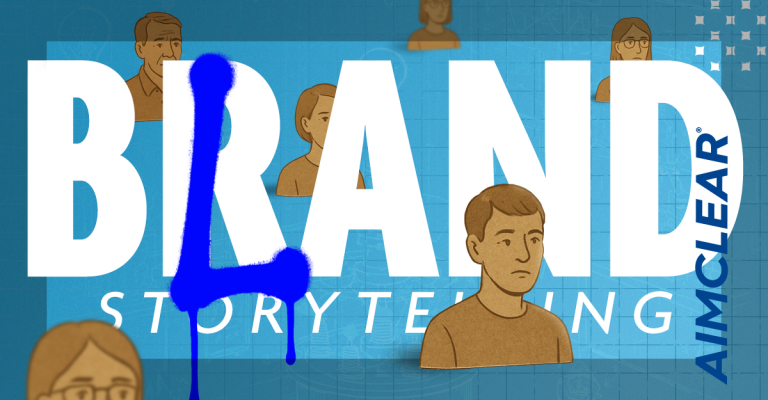In SEO a significant amount of research needs to be done as part of any project. We don’t do it in advance for free anymore simply to get the job (though the prospective client would certainly be happy to have us do so). In the traditional advertising agency model it’s often necessary to provide free creative ideas to get the gig. SEO is different because of the relative scarcity of serious consultants, and limits on an agency’s time. As point-blank as it may sound, we have come to believe we should get the job based on solely on reputation and case studies. If not, maybe we’re not a good fit for the client.
Over time we’ve worked some presentation techniques to show the client we understand-without spending hour upon hour doing the job they propose to hire us for.
Give Just Enough SEO Information
Still, it’s important to communicate to the client that we have specific insight into their niche’-situation. The solution for us as an SEO company (here in the frozen tundra of Minneapolis, Minnesota) is to research and highlight one mid-tail keyword (moderate amount of searches, highly targeted keyword permutation) and include it in the quote-for-services we present. This facilitates our objective which is to get the job with as little free work as possible.
Here is an example of what we might write the client:
Dear Client,
“A search for “Your mid-tail-keyword” on Google returns about 1.2 million documents. 2,700 pages have the literal keyword term in the title of the page, a good clue as to a pages’ intent. Additionally there are 8 PPC advertisers, none of which are limiting the scope of their media buy to a geo-targeted area. PotentialClient.com is not in either the organic or paid results on the Google’s first page. Opportunities like this can be defined and objectives set.
While the keyword universe for the literal “Your mid-tail-keyword” only numbers around 2500 searches annually, there are no doubt tens of thousands of related niche’ searches which should be identified for the products and services offered on potentialClient.com.
Some of long tail searches (several words in the phrase, highly focused, small pockets of search) likely originate from reasonably close geographic proximity (like Minnesota or Wisconsin) where customers are more inclined to work with a firm because they are local or regional. Geo-tagged keyword marketing campaigns to reach these customers can be focused, intentional, and advise both organic and PPC campaigns.
1. Each potentialClient.com product needs to undergo this type of research on a much deeper level and each site needs to be tailored to respond to the target market’s search patterns
2. Social Media channels like blogging, article writing, and social media releases (PR), social book marking, and RSS feeds should be utilized.
3. Essential PPC tracking must be deployed to quantify the ROI of PPC investments and PPC should be tested.
4. Systems of content specific landing pages must be created to effectively qualify, harvest, and do CRM for requests for information.
This approach to pitching SEO usually works.
Nearly always this approach results in the client wanting to work with us. However, as an agency we no longer take every client we could possibly get. Instead we carefully screen potential clients and work hard to limit the work we do to those clients who we can really help achieve the results they seek.
SEO Approach
In approaching a project that a potential client brings us, I put my self in the imaginary position of having just been hired full time as Vice President of Search for potentialClient.com. I ask myself what initiatives I would undertake for:
• Triage
• Short term efforts to generate immediate sales (or other key performance indicators)
• Longer term strategies to build compounded success in website sales, customer relationship, and reputation management.
Usually the most important issue to address is that potentialClient.com is not intentionally optimized to be indexed for searches relevant to products or services sold. Communicating this to a prospective client while expending as little energy as possible is the challange of creating quotes-for-services for SEO work.








